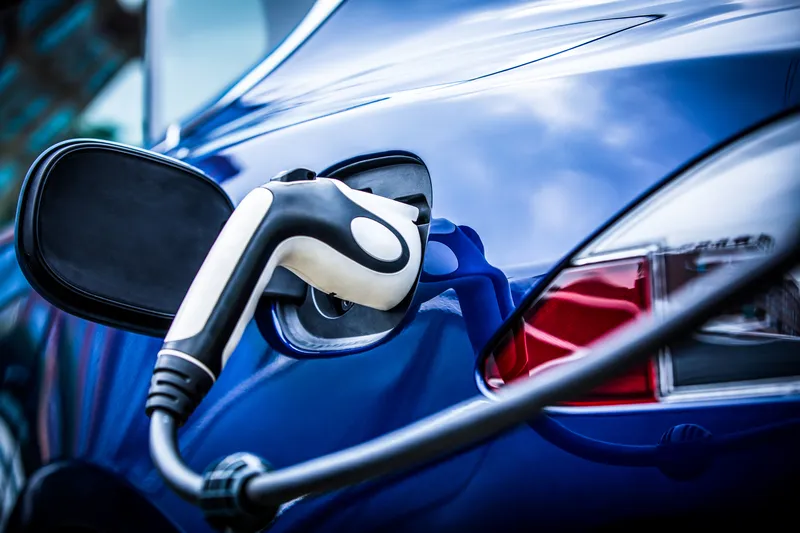Electric vehicle (EV) charging provider ChargePoint, in conjunction with Lanier Parking Solutions, has installed networked electric vehicle (EV) charging stations at six locations in Atlanta. Installation of the EV charging stations is a critical step in the City of Atlanta's efforts to expand its electric vehicle footprint. There are more than 750 electric and electric hybrid vehicles registered in the Atlanta area, and car manufacturers will introduce more than ten new models in 2013 alone. "Lanier is pro
February 12, 2013
Read time: 2 mins
Electric vehicle (EV) charging provider 4825 ChargePoint, in conjunction with Lanier Parking Solutions, has installed networked electric vehicle (EV) charging stations at six locations in Atlanta.
Installation of the EV charging stations is a critical step in the City of Atlanta's efforts to expand its electric vehicle footprint. There are more than 750 electric and electric hybrid vehicles registered in the Atlanta area, and car manufacturers will introduce more than ten new models in 2013 alone.
"Lanier is proud to be a part of making Atlanta more accommodating to electric cars," said Michael Robison, CEO of Lanier Parking Solutions. "These EV charging stations will encourage sustainable driving practices that will greatly benefit our city."
"As electric vehicles become a more attractive alternative amid climbing gas prices, a city's EV infrastructure has to be ready to accommodate growth in this area," said Pat Romano, president and CEO of ChargePoint. "Atlanta is taking the lead to proactively provide EV charging technology that will allow the city to accommodate future demand, and ChargePoint is proud to partner with Atlanta and other cities across the country to make this EV growth feasible."
For EV drivers, ChargePoint-enabled locations are included on all ChargePoint mobile phone applications for iPhone and Android. These ChargePoint mobile apps provide an easy way to locate stations near any specified address, get turn-by-turn directions, start and stop a charging session directly from a smart phone. Additionally, these apps allow drivers to utilise ChargePoint's station reservation feature. Drivers can locate stations, and then make, view and cancel a reservation directly from a smart phone.
Installation of the EV charging stations is a critical step in the City of Atlanta's efforts to expand its electric vehicle footprint. There are more than 750 electric and electric hybrid vehicles registered in the Atlanta area, and car manufacturers will introduce more than ten new models in 2013 alone.
"Lanier is proud to be a part of making Atlanta more accommodating to electric cars," said Michael Robison, CEO of Lanier Parking Solutions. "These EV charging stations will encourage sustainable driving practices that will greatly benefit our city."
"As electric vehicles become a more attractive alternative amid climbing gas prices, a city's EV infrastructure has to be ready to accommodate growth in this area," said Pat Romano, president and CEO of ChargePoint. "Atlanta is taking the lead to proactively provide EV charging technology that will allow the city to accommodate future demand, and ChargePoint is proud to partner with Atlanta and other cities across the country to make this EV growth feasible."
For EV drivers, ChargePoint-enabled locations are included on all ChargePoint mobile phone applications for iPhone and Android. These ChargePoint mobile apps provide an easy way to locate stations near any specified address, get turn-by-turn directions, start and stop a charging session directly from a smart phone. Additionally, these apps allow drivers to utilise ChargePoint's station reservation feature. Drivers can locate stations, and then make, view and cancel a reservation directly from a smart phone.








